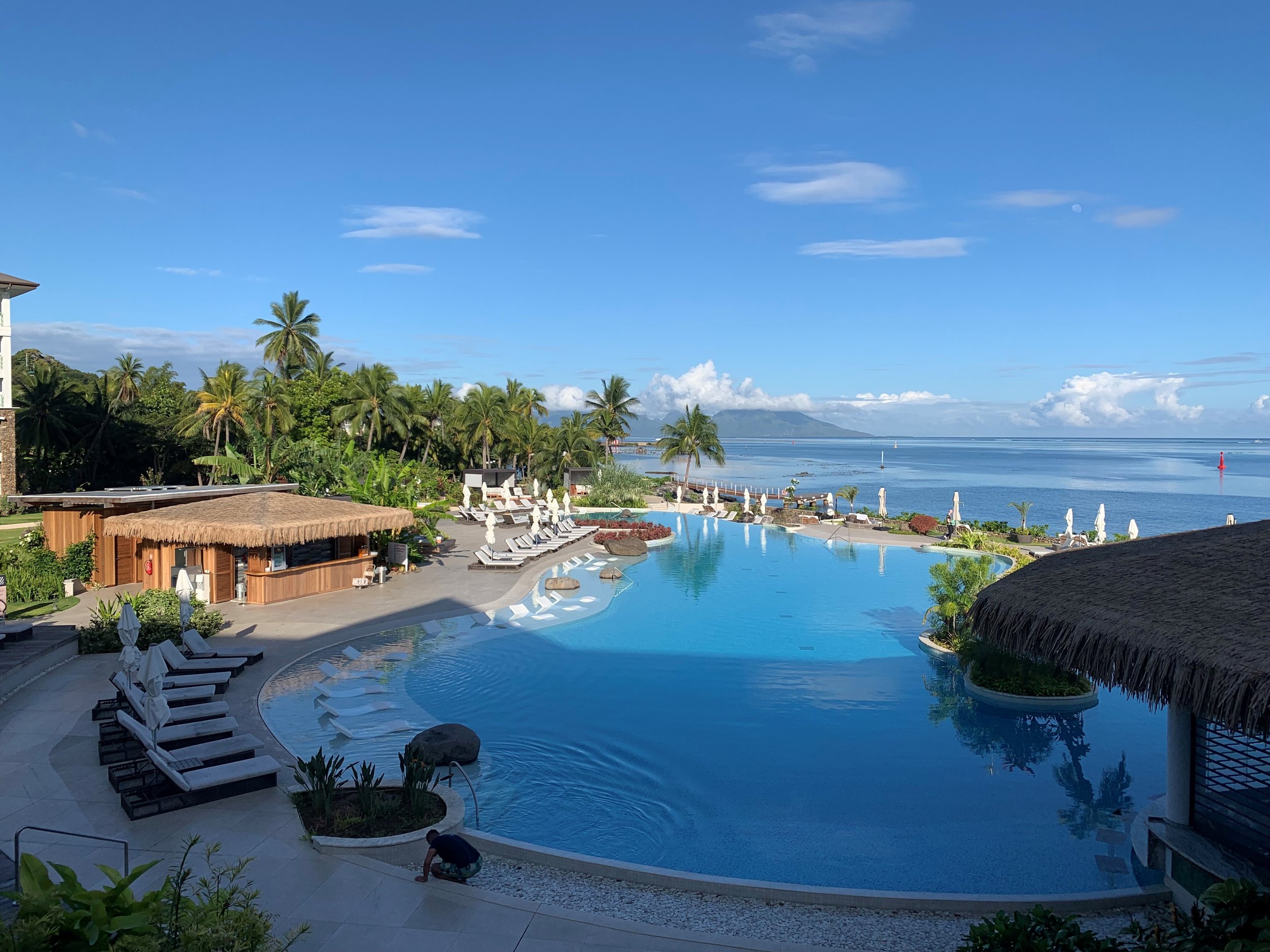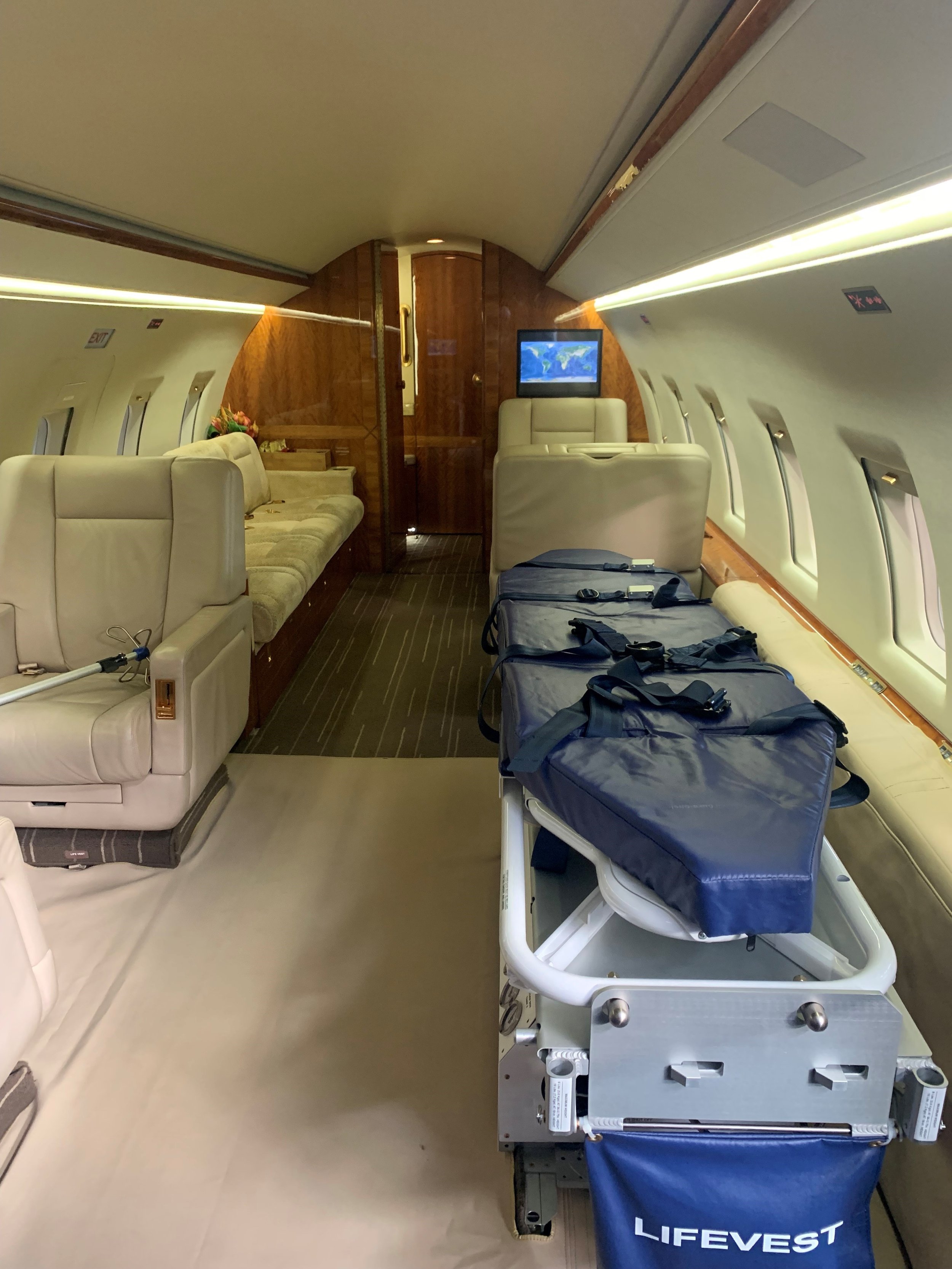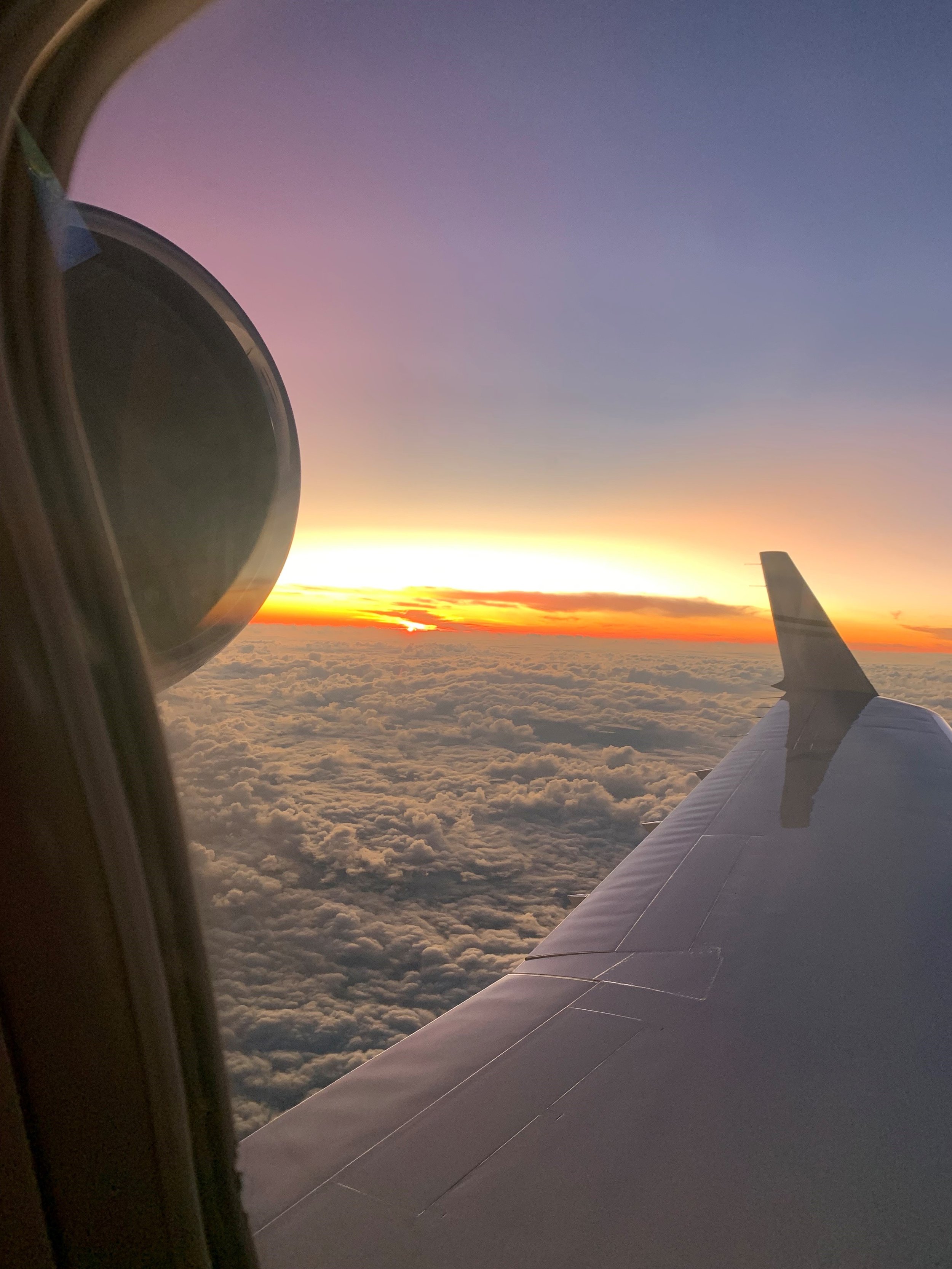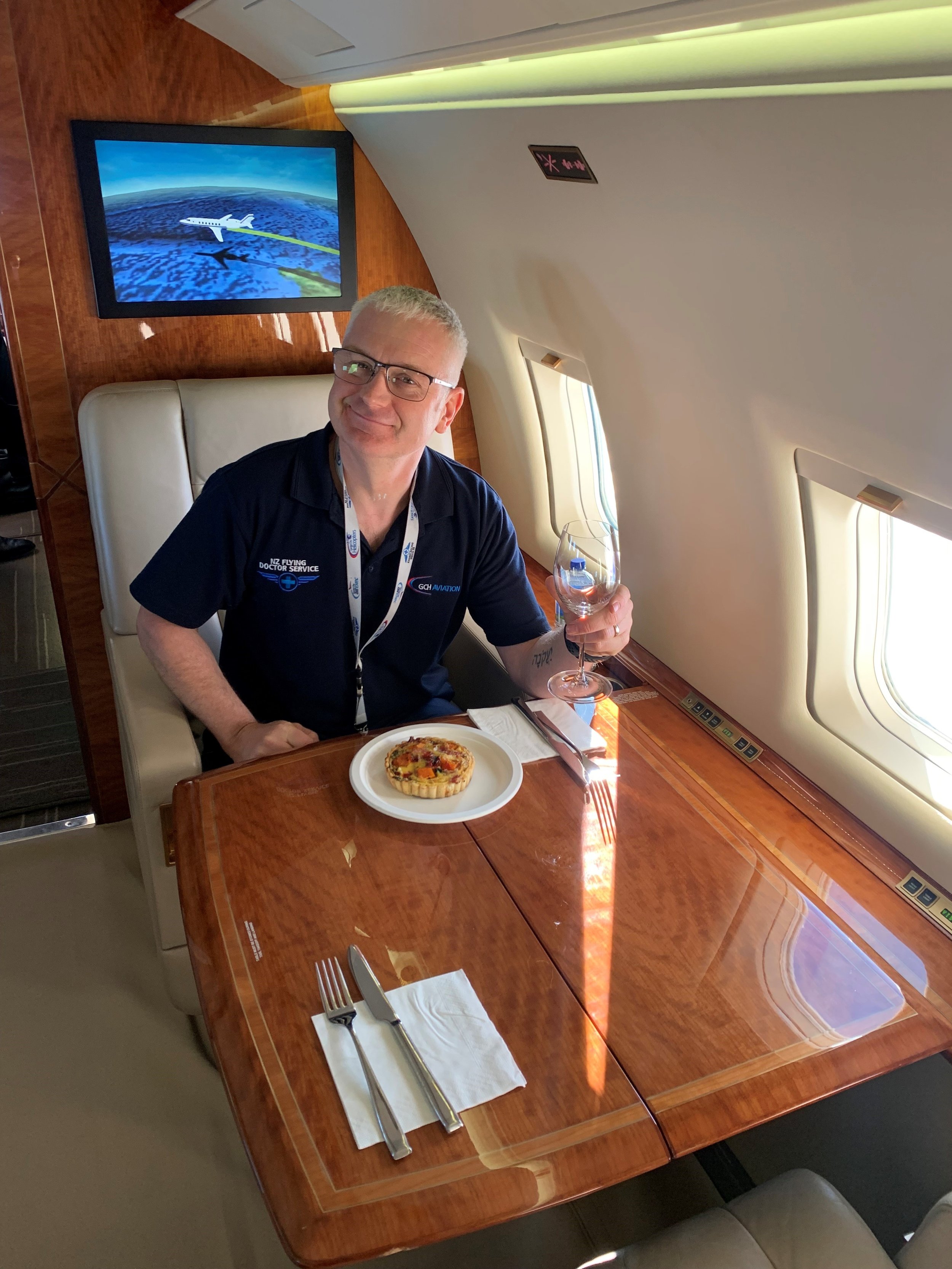Intensive Care In The Air
A specially equipped private jet waits to fly a patient home
Who knew a spectrum could mean a special stretcher with medical equipment, used for medical air transfers? It has an inbuilt medical wall and monitor platforms to provide continuous and immediate access to the patient.
Mid-interview, I realise that I don’t really know what this means.
words: Pattie Pegler images: Supplied
“There’s oxygen, ventilators, infusion pumps. The amount of equipment we carry is unbelievable. We’re basically a flying intensive care unit,” says critical care nurse, Will Snowden patiently. Ah, there it is in layman’s terms and I am beginning to get the picture.
With a critical care career spanning some 20 years, Rangiora resident Will has been providing on board care for patients since 2017 combining it with his work as a critical care nurse at Christchurch ICU and as a senior clinical nurse at Burwood Hospital. The aviation side of things is run by a private company with specialized aircraft kitted out for the work. Will started doing domestic retrievals with the NZ Flying Doctor service, the bulk of which are done by fixed wing aircraft but occasionally helicopter. Then in 2020 he started doing international medical retrievals as well.
For most of us it’s also the kind of thing you hope you will never need. But people can require medical retrievals for all sorts of reasons. Domestically, for example, it might be someone who lives in a remote area and needs to be flown to hospital after serious injury that requires specialist treatment. And it’s part of our public health service.
When it comes to international retrievals they can be due to sudden, serious conditions such as a heart attacks or, often, injuries or accidents. Older ladies slipping and breaking hips is not uncommon and for younger people “Stay away from mopeds on holidays,” jokes Will.
Getting back to New Zealand is not covered by any public health service – so you are either paying out of your pocket or turning to your insurance company. Medical retrievals are not a simple process - with equipment, crew, medical staff and a great deal of logistics – they can easily run into the hundreds of thousands.
And you need people – particularly the flight crew and two medical staff – these can vary depending on the severity of the illness. It maybe a nurse and a paramedic, two nurses or a nurse and a doctor.
“There’s a lot of planning and it’s done by a whole bunch of people,” explains Will. “You have to work out what medical equipment and medicines you will need not just for the flight but for the transfer to hospital at the other end. You have to get as much information as possible about the patient to help you make those decisions. There’s a lot to it.”
The first international retrieval Will did was to bring a patient over from American Samoa to receive treatment. “I remember a sense of excitement, I was eager to get on and do the job,” he says. It was during the height of Covid and there were restrictions on international travel. They had to get special clearance to leave and to land, wear full PPE in 30 degree heat, were never allowed off the runway and on returning had to have temperature scans and meet with MIQ officials.
Covid also meant they weren’t allowed to overnight anywhere says Will. Instead, to ensure the flight crew didn’t clock up more than a 12-hour shift they had to take a third pilot along with them. But now Covid restrictions have been lifted in most places and a recent retrieval from Tahiti involved a flight on a private jet and an overnight stay in a hotel. That doesn’t sound too bad?
“We do get to stay in some pretty nice places,” says Will. “But that’s just a small part of it. There are challenges and each retrieval is different.” In Tahiti one hurdle was the language barrier says Will, with all of the hospital staff speaking French and the retrieval crew speaking English and no wi-fi to access Google Translate – the patient handover and paperwork was challenging.
There is always an element of the unknown says Will. And whilst the referring doctor and their team will always give as much medical history as possible sometimes the retrieval team need a more comprehensive picture so they try to ensure they get results from blood tests or scans or x-rays. And they always have to assess a patient before they are transported on board, to make sure it is safe for them to fly.
With years of experience and state-of-the-art medical equipment, Will takes any hurdles in his stride and loves the work. “I’ve always enjoyed the critical care side of nursing – that’s why I’ve stayed in it. The medical retrievals offer a different element to the challenge – I enjoy the planning and the process.”
His final words of advice are clear. “I always say to everyone, get the best medical insurance you can when you go overseas,” says Will. “For the sake of $100 or so, it’s well worth it.”





